Do Alloy Wheels Rust? What Causes It and How to Stop It
If you’ve ever noticed orange spots on your shiny wheels, you’re not alone. Many drivers wonder whether alloy wheels can rust and what they can do about it. The short answer is yes—alloy wheels can corrode, especially if they’re exposed to salt, moisture, or road grime. The good news is that with a few easy habits you can keep the rust at bay and even treat spots that have already appeared.
Why Alloy Wheels Can Rust
Alloy wheels are made from a mix of aluminium and other metals. While aluminium itself resists rust, the other metals in the alloy can oxidise when they meet water and salt. This is why you often see rust after winter driving or after a coastal road trip. The wheel’s surface can also get scratched by curbs, stones, or brake dust, creating tiny openings where moisture can collect. Once water sits in those crevices, rust starts to form and can spread if you don’t act quickly.
Another common culprit is the protective clear coat that comes off the factory. Over time, UV light, harsh cleaners, and abrasive polishing can wear down the coating, leaving the metal exposed. When the coating is thin or gone, even a light rain can start the corrosion process.
How to Stop and Fix Rust
Prevention is easier than repair, so start with a regular cleaning routine. After every wash, give your wheels a quick rinse with fresh water to wash away salt and brake dust. Use a gentle wheel‑specific cleaner – avoid harsh chemicals that can strip the clear coat. Once a week, apply a silicone‑based wheel wax or sealant. This creates a barrier that repels water and makes future cleaning faster.
If you already see rust, don’t panic. Small spots can be tackled at home. Grab some fine‑grit sandpaper (around 400‑600 grit) and gently sand the rusted area until the metal looks clean. Wipe away dust, then apply a high‑quality rust converter or primer designed for alloys. After it dries, finish with a matching wheel paint or a clear coat to protect the spot.
For bigger rust patches or deeper corrosion, it’s best to let a professional handle it. A seasoned workshop can sand the wheel back to its original finish, apply an automotive‑grade primer, and repaint the wheel for a seamless look. At Northwich Tyres Centre we offer wheel refurbishment services that restore both the appearance and the structural integrity of your alloy wheels.
Besides cleaning and coating, keep an eye on the tyre pressure and wheel alignment. Improper alignment can cause uneven wear, creating more scratches where rust can start. Regular tyre checks at our centre also help spot any issues early, saving you time and money.
In short, alloy wheels do rust, but a bit of routine care can keep them looking like new. Rinse after salty roads, seal with wax, and address any rust spots right away. When the job feels too big, swing by Northwich Tyres Centre for expert advice and professional refurbishment. Your wheels will thank you with a smoother ride and a glossy finish for years to come.
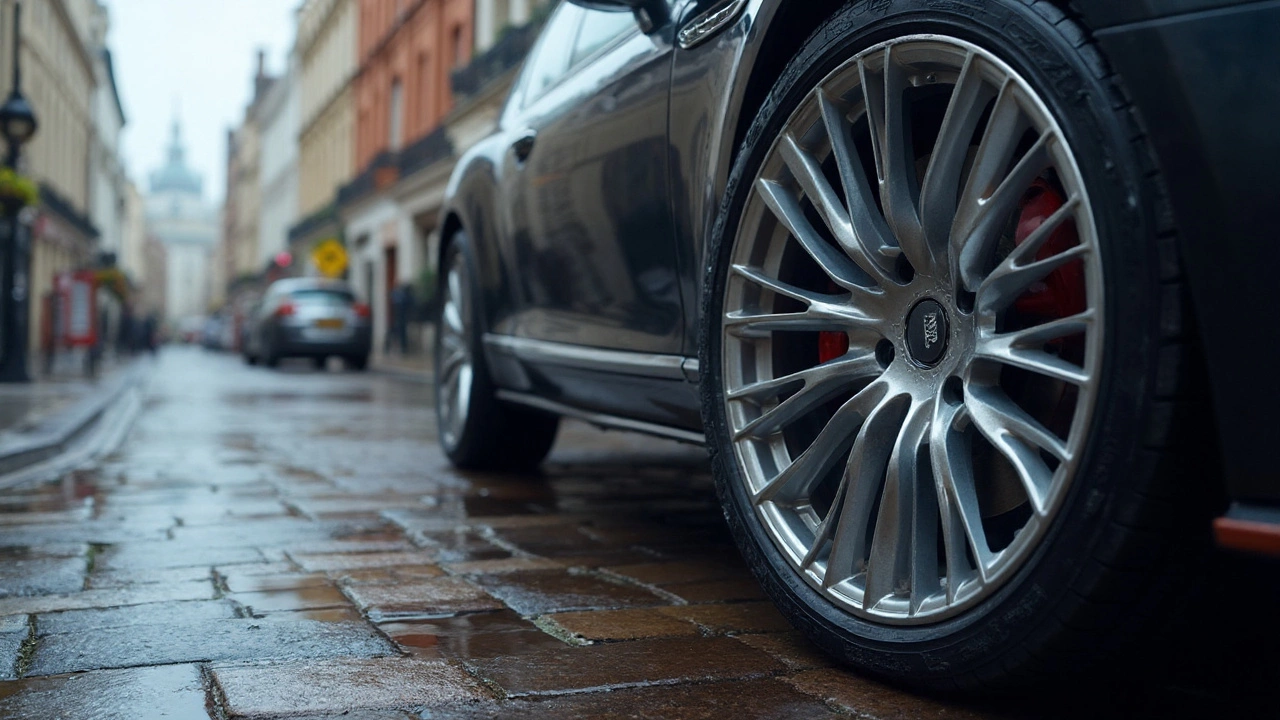 5 August 2025
5 August 2025
Do Alloy Rims Rust? The Truth About Alloy Wheel Corrosion and Maintenance
Wondering if alloy rims rust? Find out how alloy wheels resist rust, why they still corrode, and how to keep them looking sharp. Handy tips for car lovers.
Latest Posts
Tags
- car maintenance
- engine oil
- spark plugs
- brake pads
- engine performance
- vehicle maintenance
- spark plug replacement
- windshield wipers
- fuel pump
- suspension parts
- clutch replacement
- clutch kit
- car performance
- oil change
- air filters
- car suspension
- car radiator
- exhaust systems
- engine misfire
- fuel pump failure

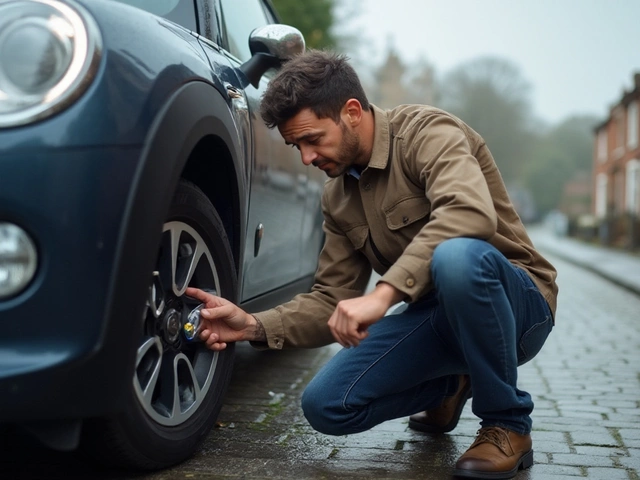
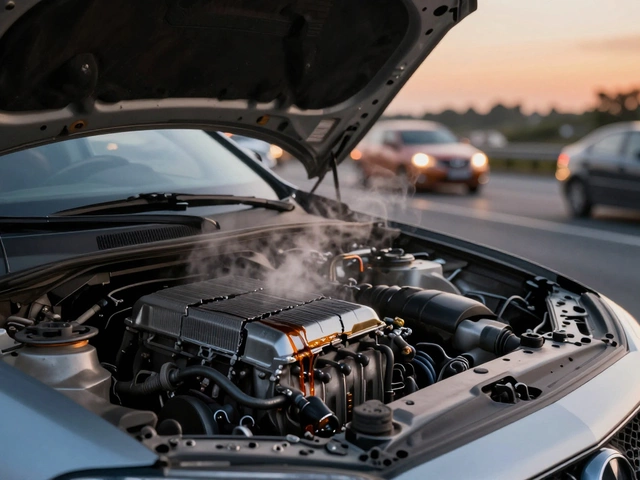
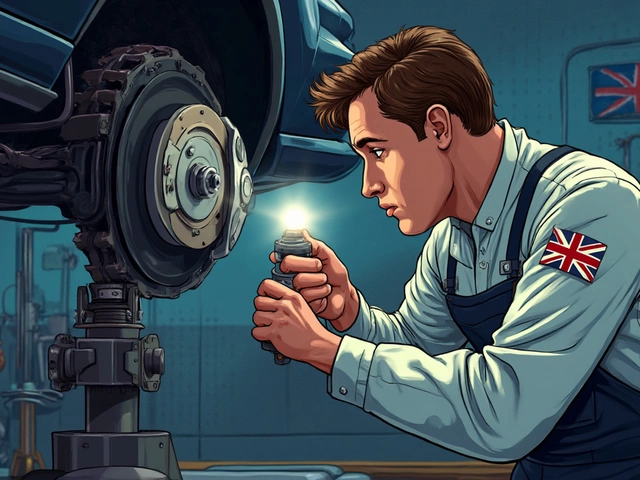
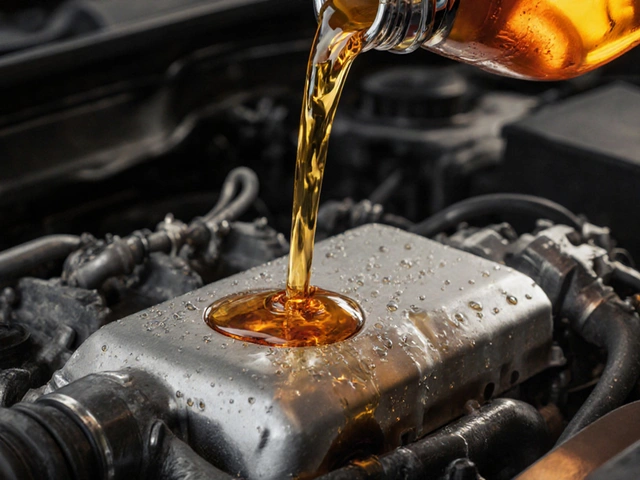
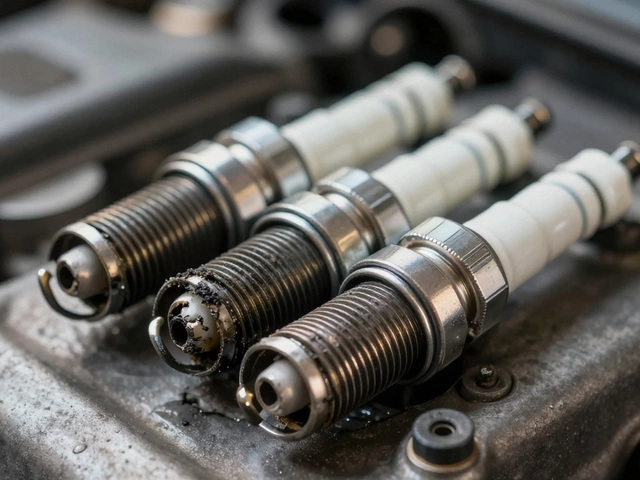
0